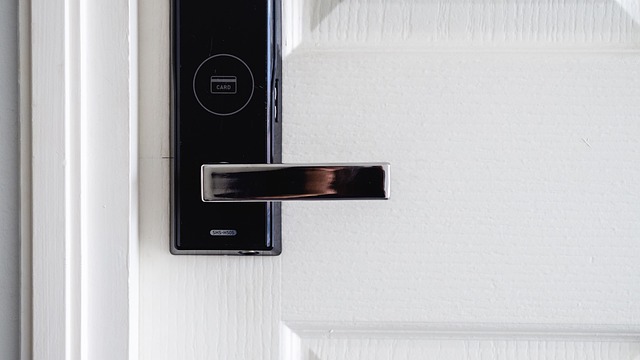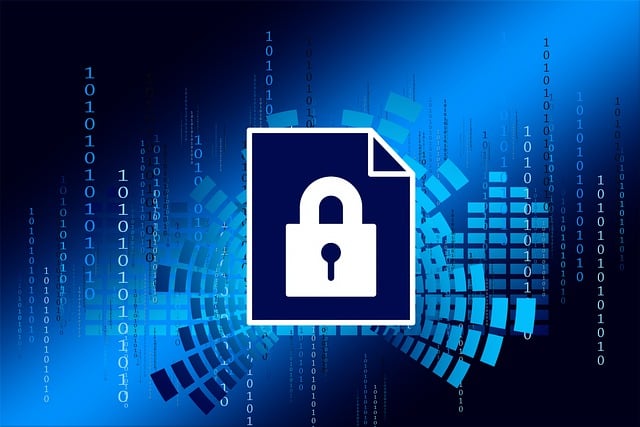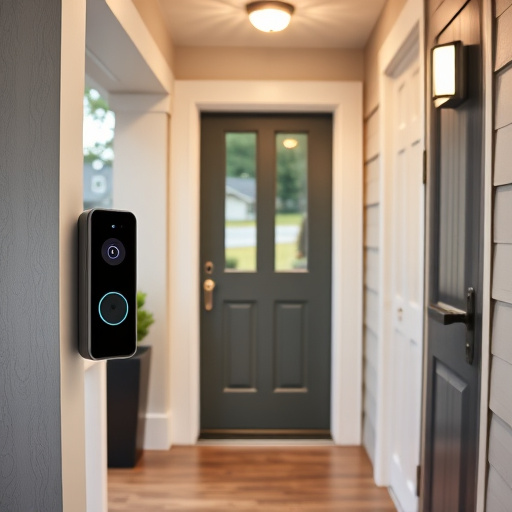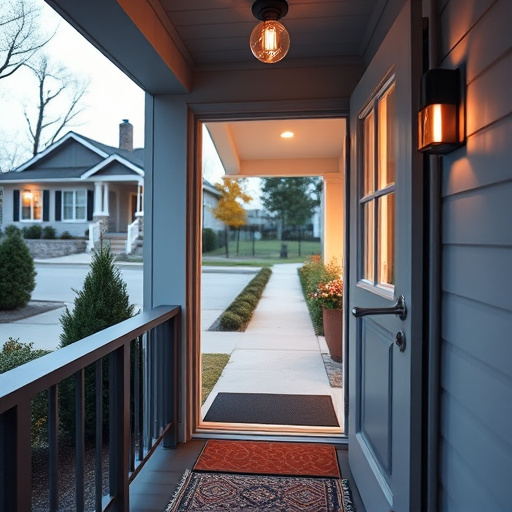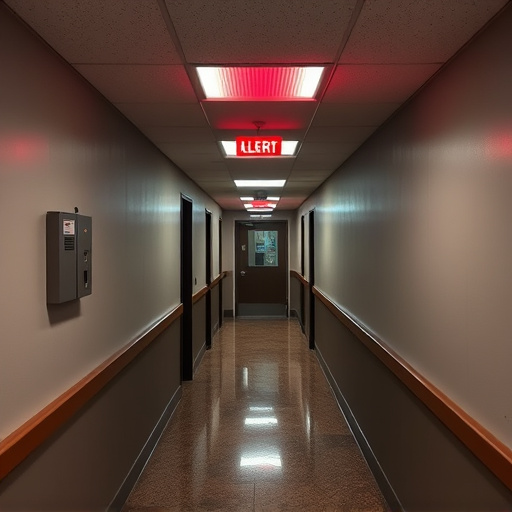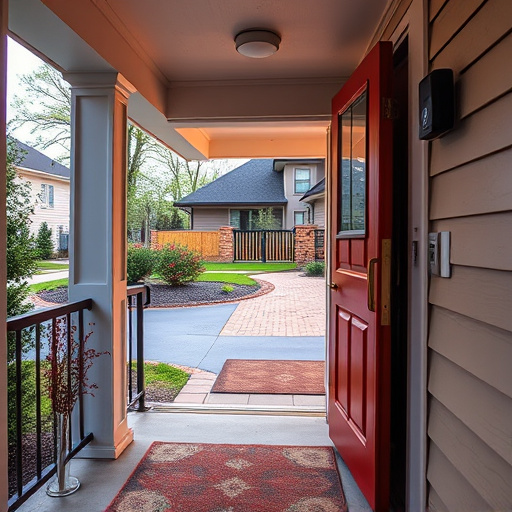Professional security monitoring offers 24/7 protection with advanced tech like motion sensors and video surveillance, providing enhanced safety, peace of mind, and emergency response. However, it comes with recurring costs, privacy concerns (including false alarms), and upfront installation expenses. A thorough security service evaluation is crucial to balance the benefits against drawbacks, ensuring a monitoring solution aligns with individual needs and budget.
In today’s digital era, enhancing home security has become a top priority for many. Among the various options, professional security monitoring offers robust protection. This article delves into the intricacies of this service, examining both its advantages and disadvantages. We explore how professional security monitoring works, its potential benefits like reduced crime rates and peace of mind, while also highlighting drawbacks such as cost implications and privacy concerns. Additionally, we provide a comprehensive guide to evaluating security services based on reliability, customer support, and equipment customization.
- Professional Security Monitoring: An Overview
- – Definition and purpose of professional security monitoring
- – How it works and common technologies used
- Home Monitoring Pros and Cons
Professional Security Monitoring: An Overview

Professional security monitoring involves the use of trained personnel to watch over your home through surveillance systems and alarm responses. This service offers significant benefits, such as enhanced peace of mind, 24/7 protection against intruders, and swift response to potential threats. With professional monitoring, you benefit from advanced technology like motion sensors, glass-break detectors, and video surveillance, all accessible remotely via a security service evaluation platform.
However, there are drawbacks to consider. These services often come with recurring costs that can add up over time. Privacy concerns arise due to continuous surveillance and data collection, and false alarms can lead to unnecessary stress and response fees. Monitoring service assessment reveals that while professional security monitoring provides valuable protection, it’s important for homeowners to weigh the pros and cons carefully before making a decision based on their specific needs and budget.
– Definition and purpose of professional security monitoring

Professional security monitoring involves the use of remote surveillance and alarm response services to protect homes and properties. It is a crucial component of home security, designed to deter potential intruders and provide peace of mind for homeowners. The primary purpose is to ensure the safety and well-being of residents, especially when they are away or asleep. This service offers 24/7 monitoring, where trained professionals keep an eye on live camera feeds and alert authorities if any suspicious activity occurs.
When evaluating home monitoring pros and cons, it’s essential to consider the benefits of a security service. These include enhanced safety, rapid response times during emergencies, and advanced notification systems that give homeowners time to react. Benefits also extend to property protection, deterring burglars, and offering homeowners a sense of security. However, drawbacks such as false alarms, privacy concerns, and varying service quality among providers should not be overlooked. A thorough assessment of monitoring services is necessary to determine the best fit for individual needs, balancing the advantages against potential disadvantages.
– How it works and common technologies used

Professional security monitoring involves a combination of technologies to protect and monitor your home. Common methods include surveillance cameras, motion sensors, glass break detectors, door/window contacts, and alarm systems linked to a central station. These components work together to detect potential threats, send alerts to homeowners or security providers, and sometimes even deter criminals through the display of active protection.
When evaluating a home monitoring service, consider both the benefits and drawbacks. Pros include enhanced safety and peace of mind, remote access to live feeds and alerts, automated responses to incidents, and potential insurance discounts. Drawbacks may include upfront installation costs, ongoing subscription fees, privacy concerns related to data collection, occasional false alarms, and reliability on internet connectivity for remote monitoring. A thorough security service assessment should weigh these factors to ensure the chosen system aligns with individual needs and preferences.
Home Monitoring Pros and Cons
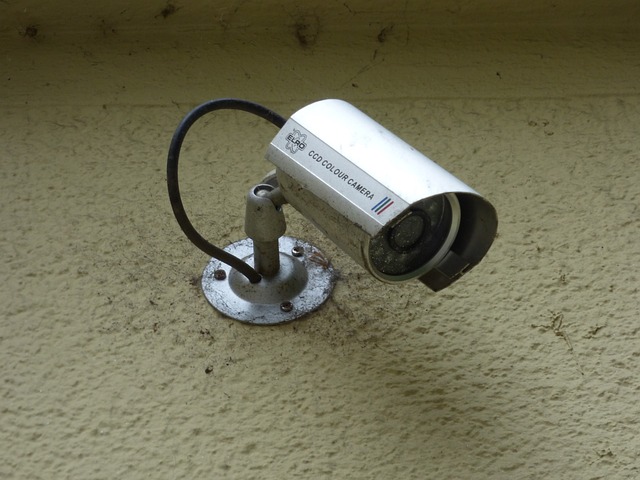
Home Monitoring Pros and Cons
One of the key advantages of professional security monitoring is the peace of mind it offers homeowners. With 24/7 surveillance, rapid response to potential threats, and remote access to live feeds, a security service can deter burglaries and ensure swift action during emergencies. The benefits of home monitoring extend beyond individual safety; it contributes to community security as well, potentially reducing crime rates in neighborhoods with high-alert systems in place.
However, drawbacks exist, primarily related to cost and privacy concerns. Monitoring services require ongoing expenses, which can add up over time, especially for comprehensive coverage. Additionally, some homeowners worry about the potential for false alarms or privacy breaches, as cameras and sensors are constantly active. A thorough security service evaluation should weigh these factors, considering both the immediate benefits of enhanced protection and the long-term implications on personal finances and privacy.
